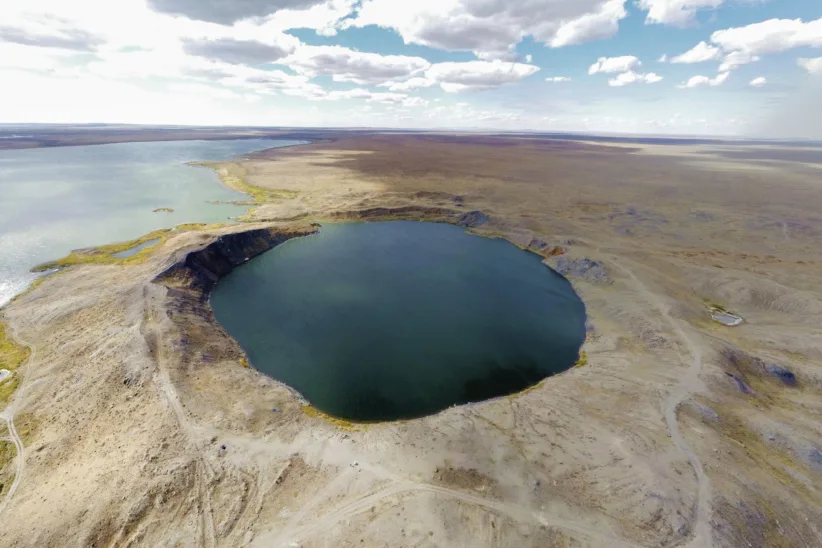The obligation to cooperate with and assist other states parties
At the Second Meeting of States Parties to the TPNW (2MSP) in December 2023, states parties decided to submit a report to the Third Meeting of States Parties (3MSP) in March 2025 ‘with recommendations related to the feasibility of, and possible guidelines for, establishing an international trust fund for victim assistance and environmental remediation, with the aim of examining the establishment of such a trust fund at the third Meeting of States Parties as a priority.’ As noted in the preceding section, in 2024 the informal working group on Articles 6 and 7 convened on 21 February, 25 March, 24 April, 30 May, and 26 September to discuss, among other issues, cooperation and assistance.

At the meeting of 30 May, the Co-Chairs brought together three representatives of Hibakusha and second-generation survivors of the atomic bombings of Hiroshima and Nagasaki to discuss the proposed international trust fund. The survivors offered recommendations to guide states parties towards the establishment of a fund that would have a survivor-centred approach to victim assistance and environmental remediation. These recommendations included the importance of assistance to meet the lifelong harm that nuclear weapons cause and to be inclusive of all types of harm: medical, psychological, social, economic, intergenerational, and others, and to not limit assistance by geography or time in ways that deny some survivors access. On 26 September, the Co-Chairs convened a further special event focused on perspectives on the fund from communities from the Pacific.
The UN Secretary-General supported the establishment of a trust fund on the basis that such a fund could strengthen ongoing efforts to provide financial and technical support to states and populations in need of assistance and ‘provide a framework to systematize requests related to existing needs and available financial and technical support’. Such a fund, he stated, ‘would be consistent with practice in other fields, such as those related to human rights and the environment.’ He called for the United Nations and its forums to ‘remain central to the discussions on victim assistance and environmental remediation, including on the establishment of future mechanisms for international cooperation and assistance’.
For more information, see the 2024 edition of the Nuclear Weapons Ban Monitor.
ARTICLE 7 - INTERPRETATION
- The obligations in the TPNW’s Article 6 to assist victims and remediate the environment should be read in conjunction with Article 7 of the Treaty.
- Article 7(1) obligates each state party to the TPNW to cooperate with other states parties to ‘facilitate the implementation’ of the Treaty, and Article 7(2) grants all states parties ‘the right to seek and receive assistance, where feasible’. In addition, under paragraph 3 of Article 7 each state party ‘in a position to do so’ is required to provide technical, material, and financial assistance to states parties affected by nuclear-weapon use or testing.
- Article 7(6) of the TPNW provides that any state party that has used or tested nuclear weapons or any other nuclear explosive devices ‘shall have a responsibility to provide adequate assistance’ to affected states parties for victim assistance and environmental remediation. This responsibility is without prejudice to any other duty or obligation the state may have under international law. This provision was especially important to affected states during the drafting of the Treaty; they argued that user and testing states should be both legally and morally responsible for their actions.
- International and non-governmental organisations also have a role to play. As referenced in Article 7(5) of the TPNW, assistance may be provided through the United Nations, the International Red Cross and Red Crescent Movement, civil society groups, or other organisations.
- While most of Article 7 is directed at supporting victim assistance and environmental remediation, assistance can also be provided in relation to other obligations of the Treaty, such as the development of national implementation legislation or destruction of nuclear-weapons stockpiles.